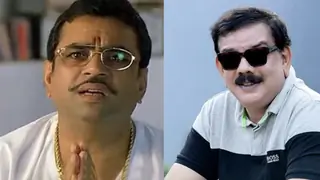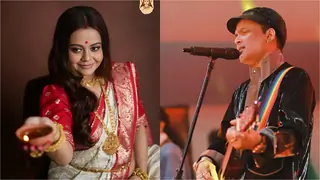Thanks for providing more information regarding Umrao Jan.Originally posted by: BrhannadaArmour
This song has no connection to history or mythology. The story is plain fiction, not historical fiction or mythology.
Edited to add:
The movie's portrayal of Umrao Jan's performing arts through songs like this one is historically inaccurate. As one can learn by reading the novel, Umrao Jan's singing was the real deal - classical music with deep understanding of Rāga structure. She didn't sing ghazals while dancing; she might dance early in the evening, and then take her seat to sing, and later recite ghazal poetry. The movie saves time by jumbling it all together for the assumed short attention span of movie spectators.
But there are some historical evidences too to prove that this is a real person story.
Amaresh Misra, author Lucknow: Fire of Grace believes Umrao Jaan really existed.
"Ruswa met Umrao in 1882 when she was reduced to penury," says Misra. "She was living as a destitute and she told her life story to him."
In his opinion, Umrao Jaan left Lucknow for Bhairach district in 1858 after Lucknow fell to Britishers, and moved back only much later in life, at an old age.
Amaresh is convinced Umrao was real because he feels there is historic evidence backing him.
"The character of dacoit Fazal Ali existed and he was killed in 1856. He was from Gonda and people of Gonda fought against Britishers in 1857 during the revolt because they killed their leader. This fact is recorded in history."
In the book, Fazal Ali meets Umrao and falls in love with her after Nawab Sultan refuses to marry her.
"Secondly," says Amaresh, "there's the character of Azizunbai, the famous courtesan. When the Britishers deposed Azizunbai for plotting against them in 1857, she said she was a disciple of Umrao Jaan, and this fact too is recorded in history."
The British executed Azizunbai, and till this day her grave exists in Kanpur.





























6